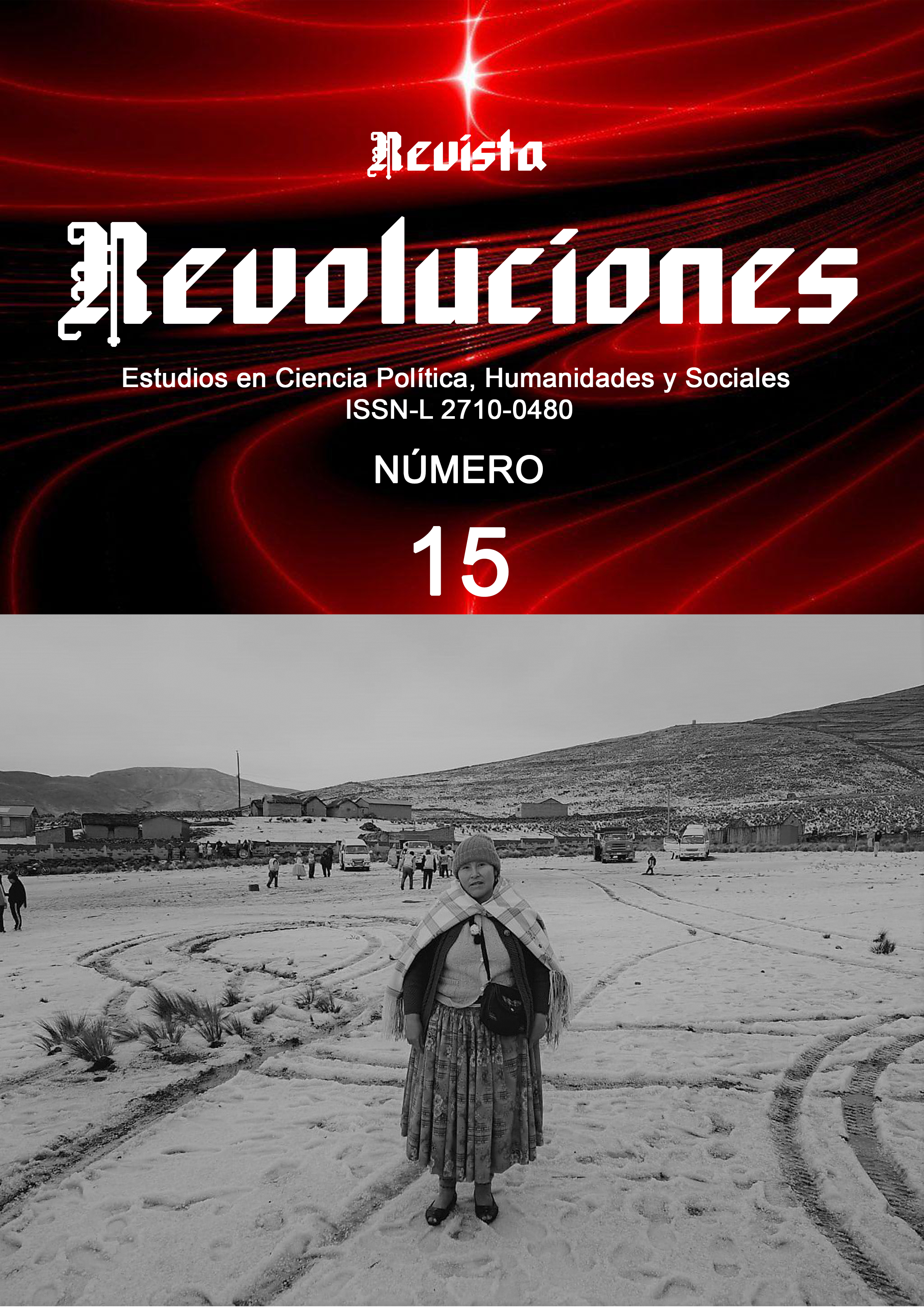Social conflicts in Perú: challenges and reflections on indigenous lands, extractivism and the neoliberal model
DOI:
https://doi.org/10.35622/j.rr.2024.015.004Keywords:
socio-environmental conflict, inclusive development, expropriation, neoliberalism, indigenous peopleAbstract
This essay examines a fundamental problem that has left its mark on Peruvian reality in the past two decades: increased socio-environmental conflicts in indigenous lands. This phenomenon is primarily attributed to extractive activities in the context of the neoliberal economic model, which only seeks economic growth. This situation raises the question of whether these activities significantly benefit Peru. The main objective is to analyze and understand the position of indigenous peoples about the lands that the State seeks to expropriate. These conflicts are closely linked to the exploitation of mega-mining projects in territories traditionally guarded by indigenous communities. Despite the potential economic benefits of these extractive activities, they have also generated tensions and conflicts that have transformed the social and political identity of the affected communities. In addition, although the economic model has positively impacted economic growth, it has also maintained the concentration of poverty in specific groups and regions, especially among indigenous populations. This is why the essay concludes by giving greater importance to addressing these conflicts in a just and equitable manner, respecting the rights and opinions of indigenous peoples, and considering the cultural, social, and ecological importance of the lands. An inclusive development that reconciles economic interests with the rights of indigenous communities must be promoted.
Published
Issue
Section
License
Copyright (c) 2024 Sandra Ramos, Li Medina (Autor/a)

This work is licensed under a Creative Commons Attribution 4.0 International License.




















